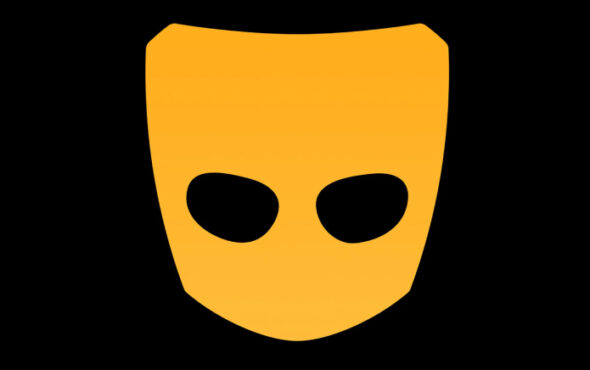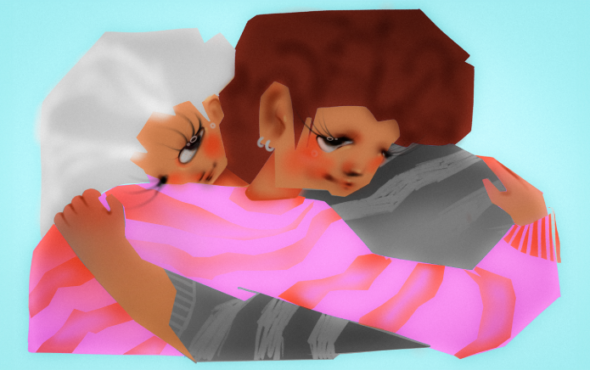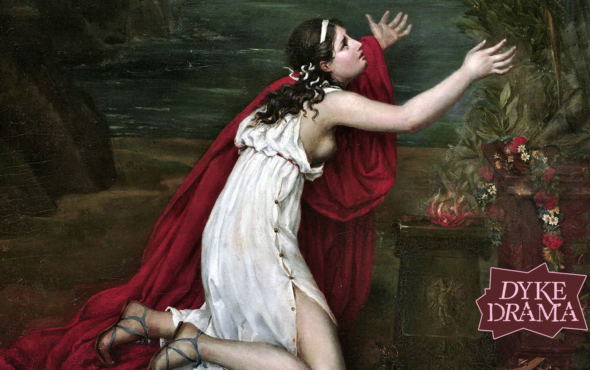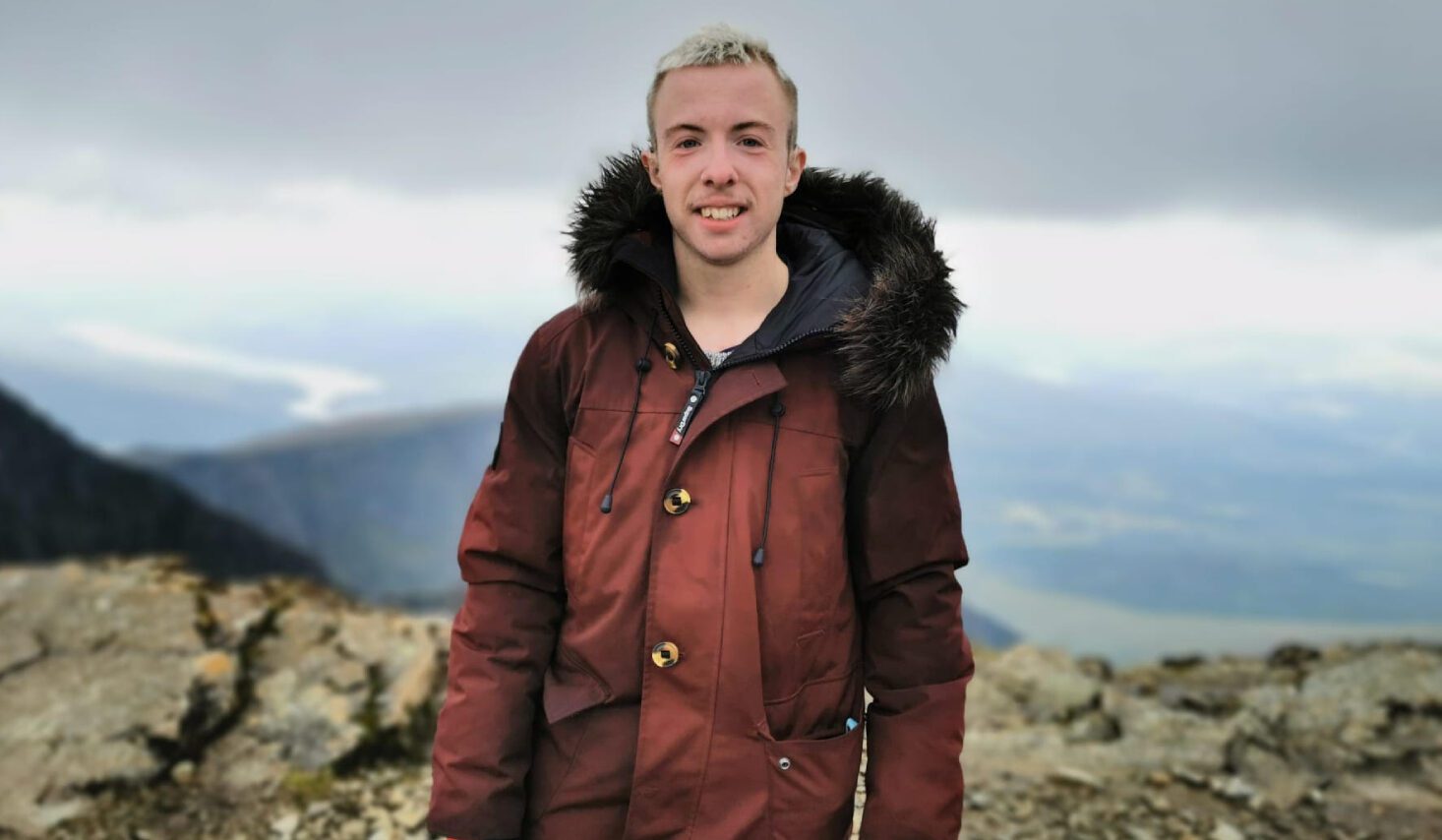
Growing up is a tough experience for a lot of young people. Whether they are part of LGBTQ+ community or simply just don’t fit in within the everyday societal norms, the pressure of wanting to fit in can have an impact on us all. Being trans adds layers of complications but there is one way we can find hope.
I didn’t realise that you can be trans and live a successful, happy and fulfilling life. I may now volunteer as a Just Like Us ambassador, meeting tons of other LGBTQ+ friends and speaking to secondary school pupils about what it’s like to be trans, but it wasn’t an easy road here.
As a youngster, I didn’t even know the word ‘transgender’. For the most part, I felt quite carefree about my gender until I started puberty. I did a lot of the things people would consider gender stereotypical of a boy my age and people often thought I was a “tom-boy”.
Things became distressing for me as I started to go through my teenage years and, at school, just being gay was enough for some people to think negatively about you. People at school would use negative and homophobic remarks, make up rumours and gossip, see you as an easy target to bully and so on.
A lot of people sub-consciously used homophobic remarks because they were used so often it just seemed “normal”. It made me feel scared to come out, even with my sexuality at that time. I didn’t want people to think differently of me or treat me as though I wasn’t the same as them. I used to read a lot to take my mind off the feelings of guilt and shame that I had.
Deep down I knew I was different, but I had no idea what transgender even was. I struggled for years trying to deny who I was and didn’t know how to tell people that I didn’t feel right with the pronouns she/her.
It was conflicting that everyone around me thought I was a girl, and I didn’t know how to explain that I felt quite the opposite.
For years I kept trying to fit in with everyone else. I wore skirts, dresses, and so-called ‘girls’ clothing to hide how I felt but it didn’t do me any justice.
I was bullied at school – it didn’t matter which one I went to, there were always people who seemed to be able to sense I was LGBTQ+ before I even knew. I moved around a lot, and it felt as though no one understood me wherever I went.
I started to explore my sexuality when I came out as a lesbian but I still didn’t feel confident or comfortable with myself. I just couldn’t seem to find the answers I was looking for and became quite withdrawn.
When I started college, I found a local LGBTQ+ youth group and thought I would go along to see if I could find out if there was anyone feeling the way that I felt. This was where I found out about trans and non-binary identities, which was something I never really considered or had much thought about.
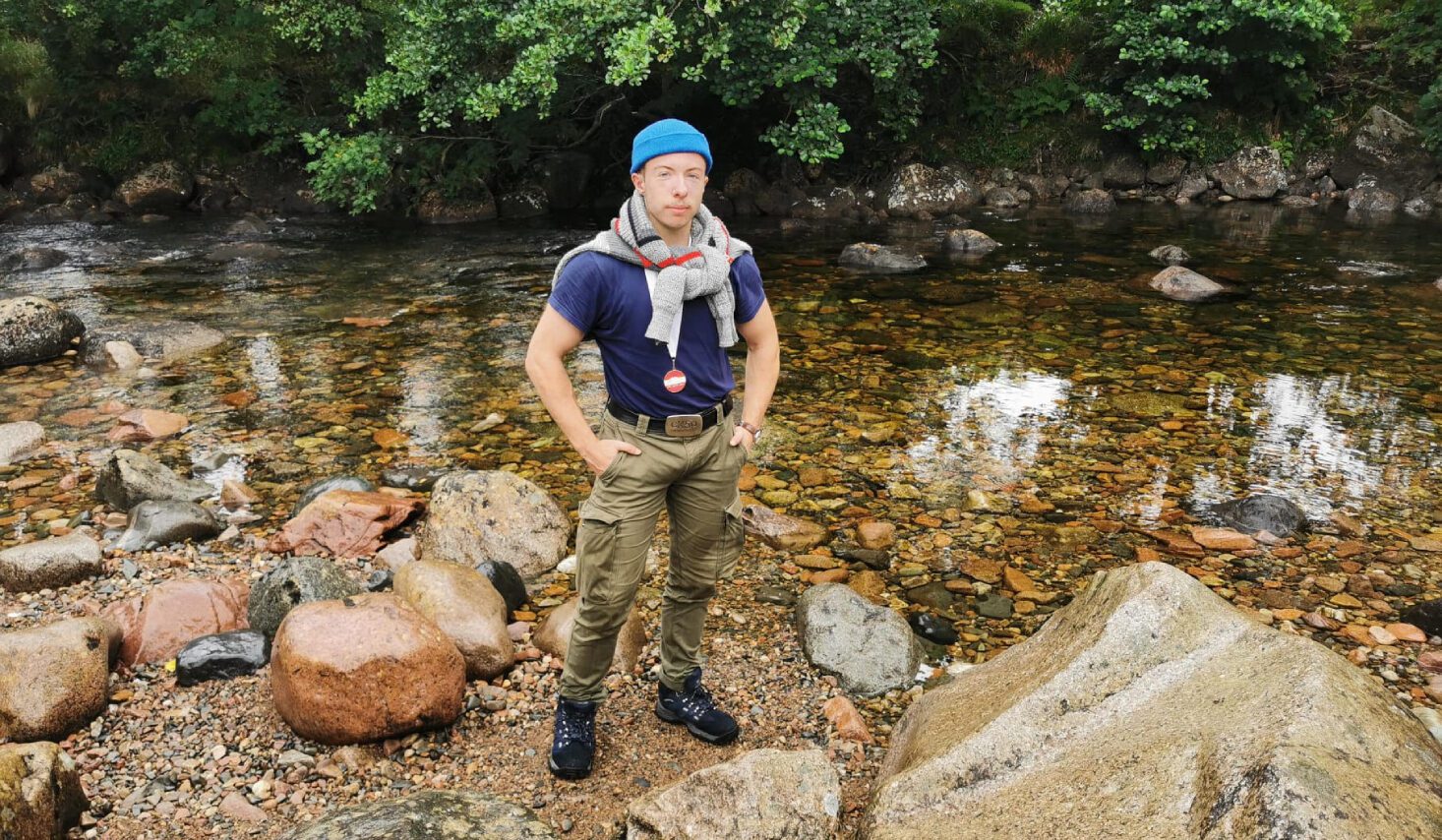
I’d only ever really heard a lot of negative media stories and didn’t realise that you can be trans and live a successful, happy and fulfilling life. I felt a lot of self-shame and had a warped idea of how a man should act, dress or be like. I didn’t realise that there is not one standard, and men can be as feminine, masculine or as androgynous as they like!
My own experiences felt like LGBTQ+ only really focused on sexual orientation but thankfully this isn’t the case so much anymore. After meeting trans and non-binary people for the first time at the youth group, I found that I identified in similar ways to them.
Then I came out for a second time to the people I was close with and began my transition with lots of support from everyone. People seemed quite surprised at first because I presented in quite a feminine way, and beforehand I thought that a man had to be masculine, which was why they were surprised.
Some of my friends corrected anyone who used the wrong pronouns which made me feel very supported and grateful to have an amazing network of people. It was very different from the first time as it took some time for those closest to me to use different pronouns and a different name. As you can imagine, 18 years is a long time to change but we got there eventually.
A lot of my experiences growing up were negative and sadly in 2021 not much has changed as, according to Just Like Us’ independent research, LGBTQ+ young people are still twice as likely to be bullied and contemplate suicide.
That’s why I started volunteering with Just Like Us. As a volunteer ambassador, I speak in schools about being LGBTQ+ because I want young people to have the role model that I didn’t have and have the freedom to explore who they are without fear of judgement or the shame that I felt growing up.
When I started speaking to pupils, the positivity was overwhelming and so rewarding. I’m able to use my experiences to create a positive impact so that other young people can be themselves and understand how to be allies.
In one of the school talks I have given, one thing which made me realise just how important the work we deliver is, was when the young people who weren’t LGBTQ+ could see me as a person with value just the same as everyone else – something I hadn’t experienced a lot growing up.
The school staff and young people were inspired to make inclusive, positive changes within their school such as having an annual Pride event!
I am now the happiest I have ever been. I am more me now than I’ve ever felt and I have an amazing support network. I feel as though I have grown so much as a person and speaking in schools brings me so much hope that the future can look brighter for LGBTQ+ young people.
For more information about Just Like Us and their incredible work supporting LGBTQ+ youth, visit their website.

